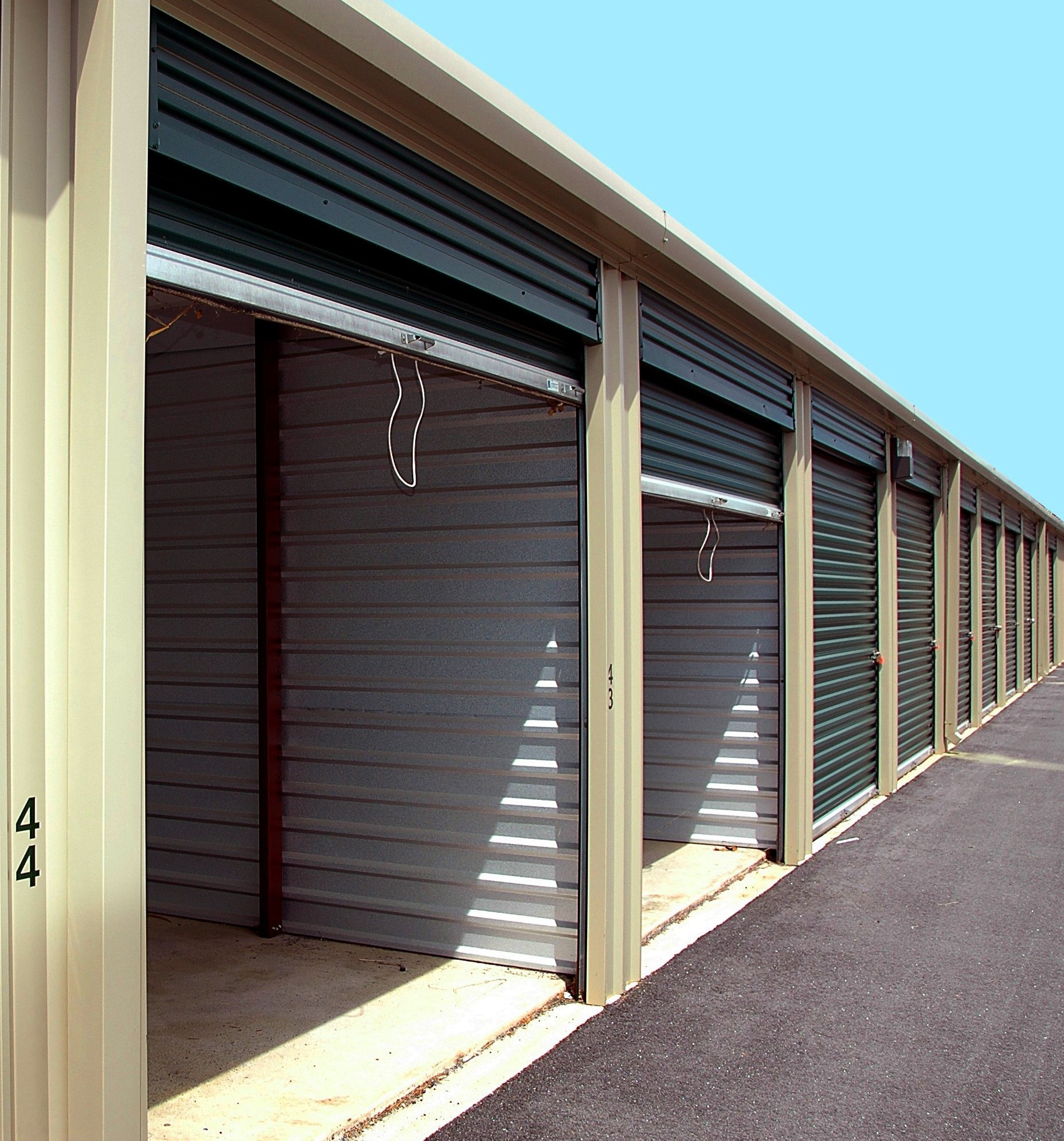Since the Covid pandemic, families have been even more interested in traveling and camping in RVs. Currently, over 11.2 million Americans own RVs and the number is growing fast.
That’s a lot of RVs that need to be parked somewhere when the owners are back at home working and living their normal lives.
Not everyone can park their RV in their backyard or driveway when it’s not in use. Many RV owners need to find an off-site location. There are three basic types of units to be found at an RV storage facility. Let’s take a closer look at the options.
Outdoor and Open
This is the cheapest option but comes with the disadvantage of being out in the elements: dust, rain, sun, flying debris, and hail. Make sure you have RV insurance and it is current to protect you from losses due to weather when choosing an open unit.
Covered and Outdoor
This option costs more, but it tends to not be prohibitively expensive. You’re still prone to the elements in regards to dust and temperature, but you are protected from sun, rain, and hail damage.
Indoor / Climate Controlled
If you are storing your RV during the winter in a locale that gets below freezing, this is your best option.
The advantages are many: protection from all elements, except the random, unlucky tornado. It is the best security option. And most important for those of you who live in the northern latitudes, protection from freeze damage.
Indoor climate-controlled units cost the most, but the storage unit amenities you gain may be well worth the extra cost.
When comparing storage costs for outdoor open and covered units in the Kingston Washington area, check out RV storage at kingstonidealstorage.com
Size Matters When Picking a Storage Unit
Your unit needs to be larger than your RV. You will need a unit large enough where you can walk around each side and the back of the unit and have room to maneuver the RV into the unit.
Don’t just worry about side to side and back to back either, consider height. Fifth-wheel trailers can easily push 13 feet and more in height. With that in mind, measure your unit and then the height of any covered or indoor storage unit you are considering.
Scrutinize Security
Storage facilities can be in low-populated areas, away from people and traffic, thus vulnerable to thieves, who know that storage units could yield them a nice score.
So, you want to look for storage units with:
- A solid perimeter: a tall, metal fence that a human cannot fit through
- A gate that requires a code to enter
- Security cameras, and the more the better
These extra features help provide the necessary security.
Access Hours and Location
You do not want to store your RV in a location that is prohibitively far away from your home. Keep in mind you will need to visit your RV for maintenance, stocking, debarking on trips, and other needs.
Location comes into play in regards to cost as well. Storage units inside cities typically cost more than those on the edges of cities. You will want to balance cost versus location when choosing your unit.
Finding the Right Storage Unit Made Easy
If you cannot just park your RV in your driveway or backyard, then you need off-site storage. With what you’ve just learned you will be able to choose the right kind of unit for your RV needs.
Now you can relax and enjoy your vacation knowing you will have the best place to store your RV when you return.
For more articles like this, be sure to visit this page often.

